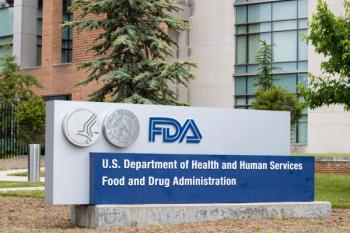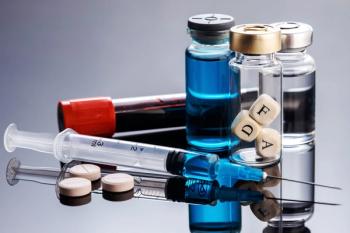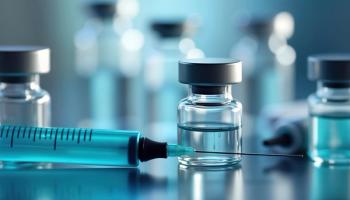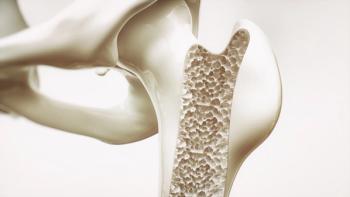
Biosimilar Growth Impressive But New Policies Needed, AAM Exec Says
Three pieces of legislation that would provide incentives to prescribers and put generics and biosimilars in favorable formulary tiers would speed further prescribing and use of biosimilars, Christine Simmon told Managed Healthcare Executive.®
The prescribing of generic drugs and biosimilars that are less expensive than their brand-name counterparts saved U.S. healthcare system almost $340 billion in spending in 2020 according to the Association for Accessible Medicines (AAM), a trade association for generic and biosimilar makers.
The AAM said that biosimilar drugs saved $7.9 billion in 2020, more than tripling the $2.5 billion saved in 2019. “This growth demonstrates prescriber and payer confidence in the safety and efficacy of FDA-approved biosimilars and their ability to provide greater access to treatments at a savings for patients,” Christine Simmon, executive vice president of policy and strategic alliances at AAM and executive director of the organization’s Biosimilars Council, told Managed Healthcare Executive®.
However, biosimilars were still less than 30% volume share in markets where they competed, Simmon noted. “As more biosimilars are approved and brought to market, patients and taxpayers will save billions while treating serious illnesses like cancer and Crohn’s disease,” she predicted.
The full promise of savings through biosimilar competition will only be realized if policymakers take steps to foster greater biosimilar adoption, Simmon added.
For example, the BIOSIM Act (H.R. 2815) would make changes to reimbursement to incentivize the use of biosimilars, Simmon told MHE. “Currently, providers in Medicare Part B are reimbursed for administering biosimilars at the biosimilar’s average sales price (ASP), plus 6% of the brand-name biologic. The BIOSIM Act…would increase reimbursement for biosimilars by 2% to ASP+8% and would apply only when the biosimilar’s ASP is lower than the brand-name biologic’s ASP.”
The Increasing Access to Biosimilars Act (S. 1427/H.R. 2869), which directs the CMS to establish a voluntary, national demonstration project under Medicare Part B to evaluate the benefit of providing a shared savings payment for biosimilars, could also incentivize the use of biosimilars.
“Under this model, participating providers would receive a portion of the savings for prescribing a biosimilar with a lower ASP than the reference biologic,” Simmon said.
Meanwhile, the Ensuring Access to Lower-Cost Medicines for Seniors Act (H.R. 2846) would ensure that seniors are able to access and fully benefit from low-cost generics and biosimilars through the Medicare Part D program. “This bill…ensures that new generics and biosimilars are covered upon launch, provides that generics are placed only on generic tiers with lower cost-sharing and not higher brand cost-sharing tiers, and establishes a new specialty tier for biosimilars and specialty generics,” Simmon added.
Generic drug produced significant out-of-pocket savings for individual patients at the pharmacy counter, according to AAM. Almost all (93%) of generic drugs have copays under $20 (as compared to 51% of brand-name drugs) and the average generic copay is $6.61 compared to an average out-of-pocket cost of $55.82 for brand-name drugs, the trade group says.
Medicare recorded $109.6 billion in generic and biosimilar savings in 2020, while Medicaid saved $53.8 billion.
Newsletter
Get the latest industry news, event updates, and more from Managed healthcare Executive.























